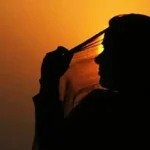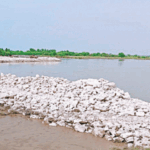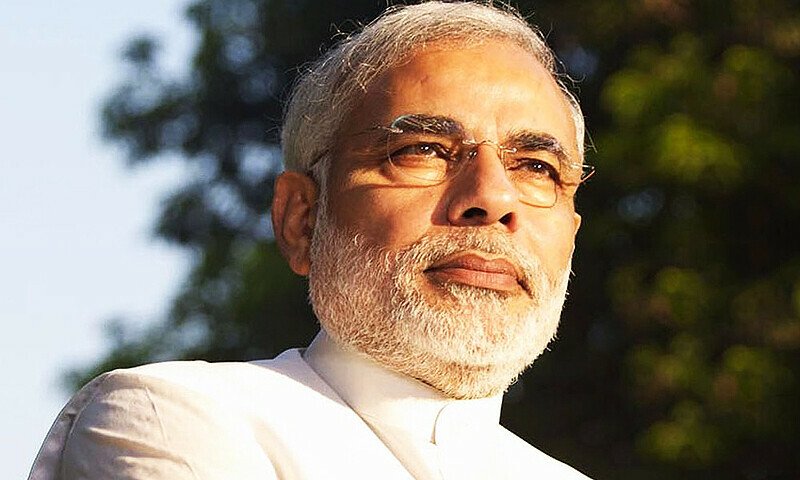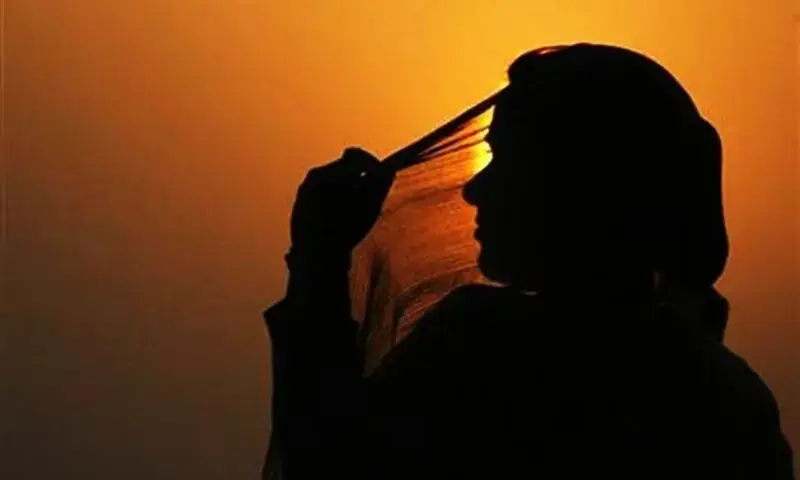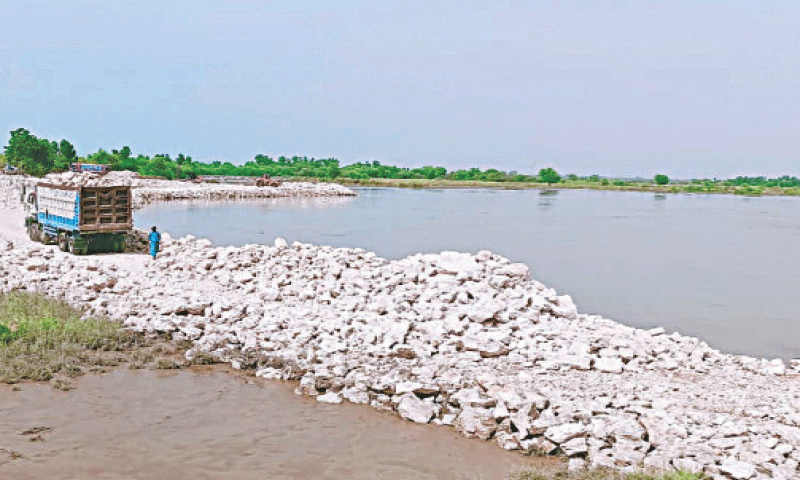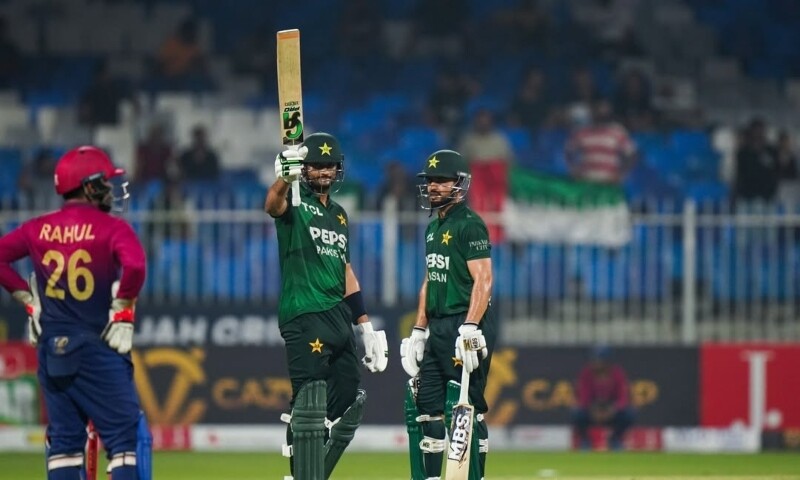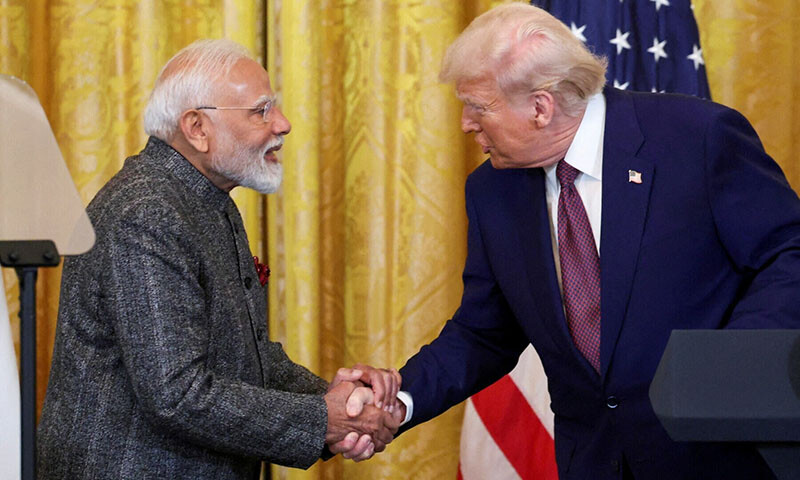Washington: The recent confrontation of the battlefield between India and Pakistan was “a clear setback for India”, underlining the back of decades’s conflict and exposing the inability of India to impose a resolution, according to The New York Times.
“Strategically, the launch of the battlefield was a clear setback for India. An aspiring diplomatic and economic power is now equipped with Pakistan, a smaller and more weak country,” the newspaper said in a report on Sunday.
“The four -day clash reminded the world of India’s impotence to resolve 78 years of conflict with the problematic nation next door. Any act of confrontation plays in the hands of Pakistan, where friction with India has long been a direct military victory is almost impossible, given the threat of nuclear arsenals of both countries,” he added.
Delhi says is now equipped with Islamabad, claiming that any act of confrontation plays in the hands of Pakistan
Based on interviews with more than a dozen diplomats, analysts and officials, the report painted a marked image of the durable dilemma of India. “After multiple wars and several failed attempts to solve their disputes, the problem has only grown in complexity,” he added.
The analysis reinforces Pakistan’s position that the Kashmir dispute remains a nuclear inflammation point, one that must be resolved to guarantee the security and prosperity of more than 1.6 billion people in southern Asia.
By pointing out that such confrontations only feed religious extremism in both countries, the newspaper added: “In India, the change towards the strong, Hindu-Nacionalist man’s government has left it in the box every time the tensions increase, since the right-wing base of Prime Minister Narendra Modi often requires blood.”
Joshua White, a former official of the White House National Security Council and now a professor at Johns Hopkins University, said Pakistan was “encouraged by Trump’s references to Kashmira”, seeing them as an opportunity to return international attention to the dispute. “The strategy of India”, however, “will be waiting until Trump goes to other priorities.”
He said that the structure of a neutral forum, possibly in the Gulf, “favors structural Pakistan, and could make India difficult to justify this agreement to its audience.” When asked if India would accept a mediation of third parties in Kashmir, White was unequivocal: “No, I don’t.”
Shuja Nawaz, a distinguished member of the Atlantic Council and author of several books on the Pakistan army, expressed its cautious optimism. He told Dawn that after “a very necessary pause”, the conversations could start “in a neutral place”, allowing both parties to try the waters without looking compromised.
Some subtle signals may already be moving. White pointed out the decision of Prime Minister Shehbaz Sharif to convene the Pakistan National Command Authority, describing it as a “Soft Nuclear” message that could have helped calm the tensions. Meanwhile, the reference of the Secretary of State of the United States Marco Rubio to an agreement “to begin conversations on a broad set of issues in a neutral site” suggests that diplomatic mechanisms are at least in discussion.
Hassan Abbas, from the University of National Defense in Washington, emphasized the importance of US intervention. “President Trump’s recent statement that US intervention prevented a possible nuclear conflict between India and Pakistan underlines his role as peacemaker in a volatile region,” he told Sunrise.
“Facilitating fire between the two neighbors with nuclear weapons, Trump demonstrated an effective crisis management and a commitment to global stability.”
Abbas said that Trump’s “balanced approach, avoiding favoritism, marks a deviation of previous US policies that were perceived as inclined towards India. This neutrality not only helped climb immediate tensions, but also establishes a precedent for constructive commitment in the region.”
When comparing Trump’s intervention with the televised speech of Indian Prime Minister Narendra Modi, Abbas said: “Modi’s speech was felt as a relic of the past, offering a weak defense of India’s policy towards Pakistan. In particular, he overlooked recognizing the role of the United States, a point that will not happen without pointing to Washington.”
Posted in Dawn, May 19, 2025
